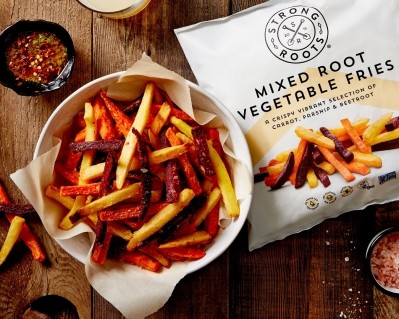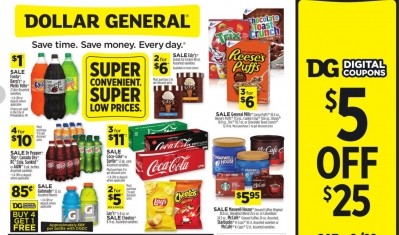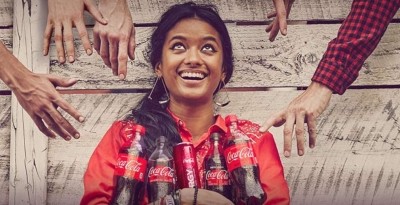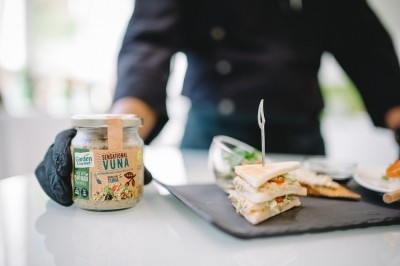Nestlé is ready to buy after 18 months of divesting brands, but it will do so cautiously, CFO says
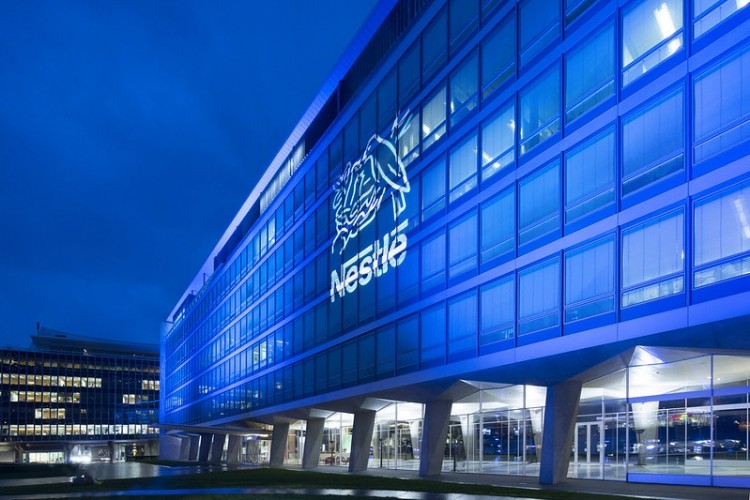
Reflecting on the recent sales of its Buitoni North American refrigerated pasta business to a private equity firm, its US ice cream business to Froneri, its US confectionery business to Italy’s Ferrero, and the potential upcoming sale of its North American water unit, Nestlé CFO François Xavier Roger acknowledged earlier this week during Barclays Global Consumer Staples Conference that “over the last 18 months, we have clearly disposed of more assets than we have bought.”
But, he also emphasized, “we do not want to deleverage the company and we don’t want to reduce our scale either,” and as such is looking for acquisitions that strategically fit with Nestlé’s new direction.
“It’s not just about going shopping because we have a strong balance sheet, we have a credit card or whatever. We want to be disciplined in what we do as well. So, we want to make sure that when we go for acquisition, they meet our main three criteria [and] strategic fit with what we want to do, which is essentially around nutrition, health and wellness or high growth categories,” he said.
In addition, any acquisition needs to be a strong cultural fit and promise a “proper financial return,” he added.
Nestlé’s requirement that an acquisition deliver a strong return on investment within five to seven years has limited its targets, but has not prevented it from “sizable acquisitions,” including the rights to Starbucks, Atrium and recently Aimmune, Roger said.
In addition to potentially investing in acquisitions to grow the business, Roger said Nestlé also could support growth by redirecting cost efficiencies gained over the last three years through non-consumer facing activities, such as fixed industrial costs, distribution costs and general & administrative costs.
This could include increasing marketing spend as well as financing sustainability costs, which Roger said will rise in the future.
Fueling a ‘renaissance’
Even as Nestlé turns its attention to potential acquisitions, CEO Steven Presley stressed the company will continue to explore other ways to drive growth through a “hybrid growth model” that is has successfully used to turn around the US business.
He explained at the Barclays conference that the model includes three main prongs: a “renaissance behind our big brands,” a transformation of the portfolio (including many divestments), and incubating innovation.
Reinventing established brands involves “being relentless around this pursuit of what does a consumer need, how do we get it quickly and how do we bring it our big brands with speed,” he said.
As for the “transformation” piece of the growth model, Presley confirmed that while it has focused on divestments so far, Nestlé is looking to add to the portfolio. He also reassured listeners that the company’s frozen food segment is not necessarily next on the chopping block as part of the transformation.
“Frozen is actually a structurally attractive category” with high cash flows and consumers returning to the space in droves before and during the pandemic, he said.
He cited Stouffers as “a very big business for us in the US that has been growing for multiple years now,” and said pizza also “is on a very good path” as in Hot Pockets.
A potential sticking point and area of significant focus for the company has been in the frozen nutritional meal segment, which Presley said has struggled but with the recent relaunch of Life Cuisine under the Lean Cuisine brand there are “really good early signs that we’ll be able to turn that business around as well.”
The third piece of Nestlé’s hybrid growth model is focused on innovation, and has “actually brought a good lever of growth for us,” Presley said. He explained that this piece is focused on finding ways to “incubate and develop innovation in a different way through open-sourcing, tapping into the 40 thousand consumers that work for us every day and are passionate about this company.”
Ultimately, both men agreed that Nestlé is primed for a strong future, which is why they feel confident suggesting the business will grow 2-3% in 2020 despite the uncertainties posed by COVID-19.
